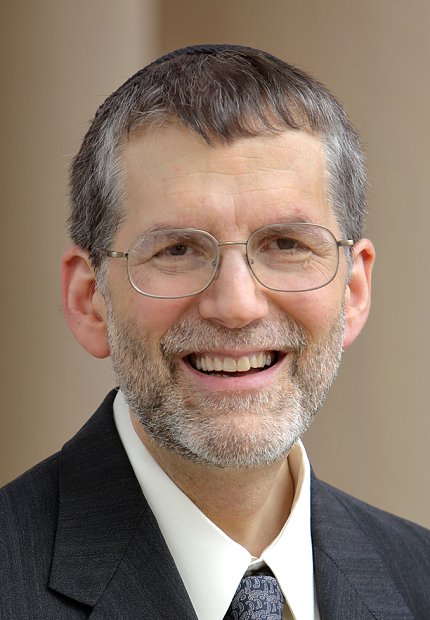OER’s Lauer Retires

NIH Deputy Director for Extramural Research Dr. Michael Lauer retired from federal service in mid-February. Lauer had served in this critical role since October 2015, overseeing NIH’s complex grant enterprise that successfully administers and awards nearly 60,000 grants at more than 2,500 institutions in every state, supporting the work of more than 300,000 researchers.
“In my view, NIH is one of the most outstanding government agencies in the world. The science that NIH has funded or conducted has literally touched every American,” Lauer said.
Lauer served as the principal advisor to the NIH director on extramural research and grant funding. During his tenure, he and his Office of Extramural Research (OER) colleagues helped NIH implement high-profile NIH priorities, including enhancing grants oversight and compliance, addressing harassment and foreign threats, improving reporting of clinical trial results, sharing of research data, supporting the NIH eRA grants system—the largest grant system in the U.S. government—and engaging in extensive outreach with the extramural research community.
“It has been one of the greatest privileges of my career to work with and be mentored by Mike,” said Dr. Liza Bundesen, deputy director of OER. “He is a gifted leader, a brilliant scientist, and an extremely effective research administrator.
“Perhaps because he is such an avid reader, Mike often teaches and inspires through storytelling, making the most complex concepts accessible to anyone. His work ethic is legendary, and we’d often marvel at his [seemingly] superhuman abilities. No task is ever too large or small for him, and he said that he would never ask his team to do something that he wouldn’t do himself.
“But for all of his gifts, what stands out for me the most is that Mike is one of the kindest, most humane people I have ever known—and he lives every aspect of his life with the utmost integrity.”
A board-certified cardiologist and researcher, Lauer joined NIH in 2007 as the director of the Division of Prevention and Population Science at the National Heart, Lung, and Blood Institute (NHLBI). In 2009, he went on to become director of the NHLBI Division of Cardiovascular Sciences. His research interests have focused on clinical cardiovascular epidemiology, comparative effectiveness, and biostatistics. He has been actively involved with and is a strong advocate of policies and processes that enhance accountability in government-supported research.
“As I’ve widely shared over the past year, I’ve had to deal with a variety of health issues related to a complex case of hypertrophic cardiomyopathy and associated arrhythmias,” said Lauer. “NIH research has informed literally every aspect of my care—what medications I’m taking and what surgery and procedures were done. I’m deeply grateful.”
Lauer is an elected member of the American Society of Clinical Investigation and an elected fellow of the American College of Cardiology and the American Heart Association. In 2012, Lauer received the Arthur S. Flemming Award for exceptional service in federal government. Prior to joining NIH, he spent more than a decade in several leadership roles at the Cleveland Clinic.
Lauer received his M.D. from Albany Medical College in 1985 and completed his internship and residency in medicine at Massachusetts General Hospital and Harvard Medical School. He completed his cardiology training at Boston Beth Israel Hospital and the NHLBI Framingham Heart Study.
In retirement, Lauer said he looks forward to spending quality time with friends, children and grandchildren. In reflecting on what he’ll miss most about working at NIH, he said, “I’ll miss working with amazing people—outstanding, dedicated professionals, committed public servants—on a wide variety of challenging problems.”
Bundesen added, “Mike’s contributions to OER, NIH, and the broader research community are countless, and I’m confident that they will endure time. We are forever grateful.”
